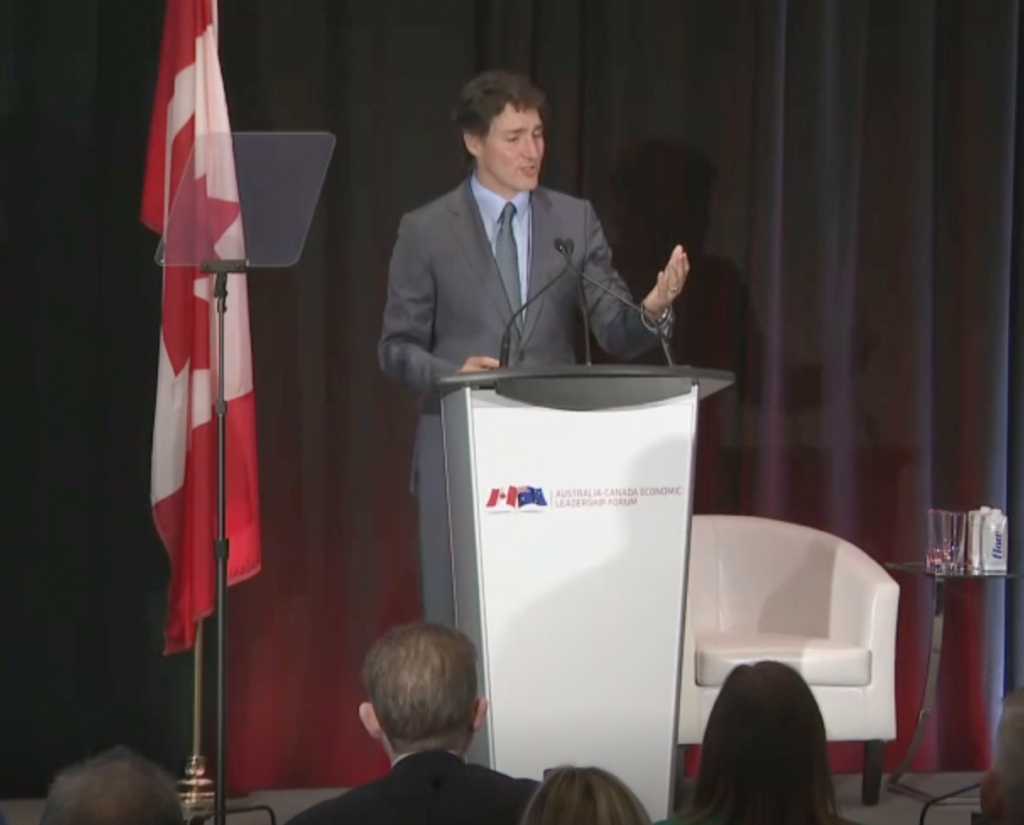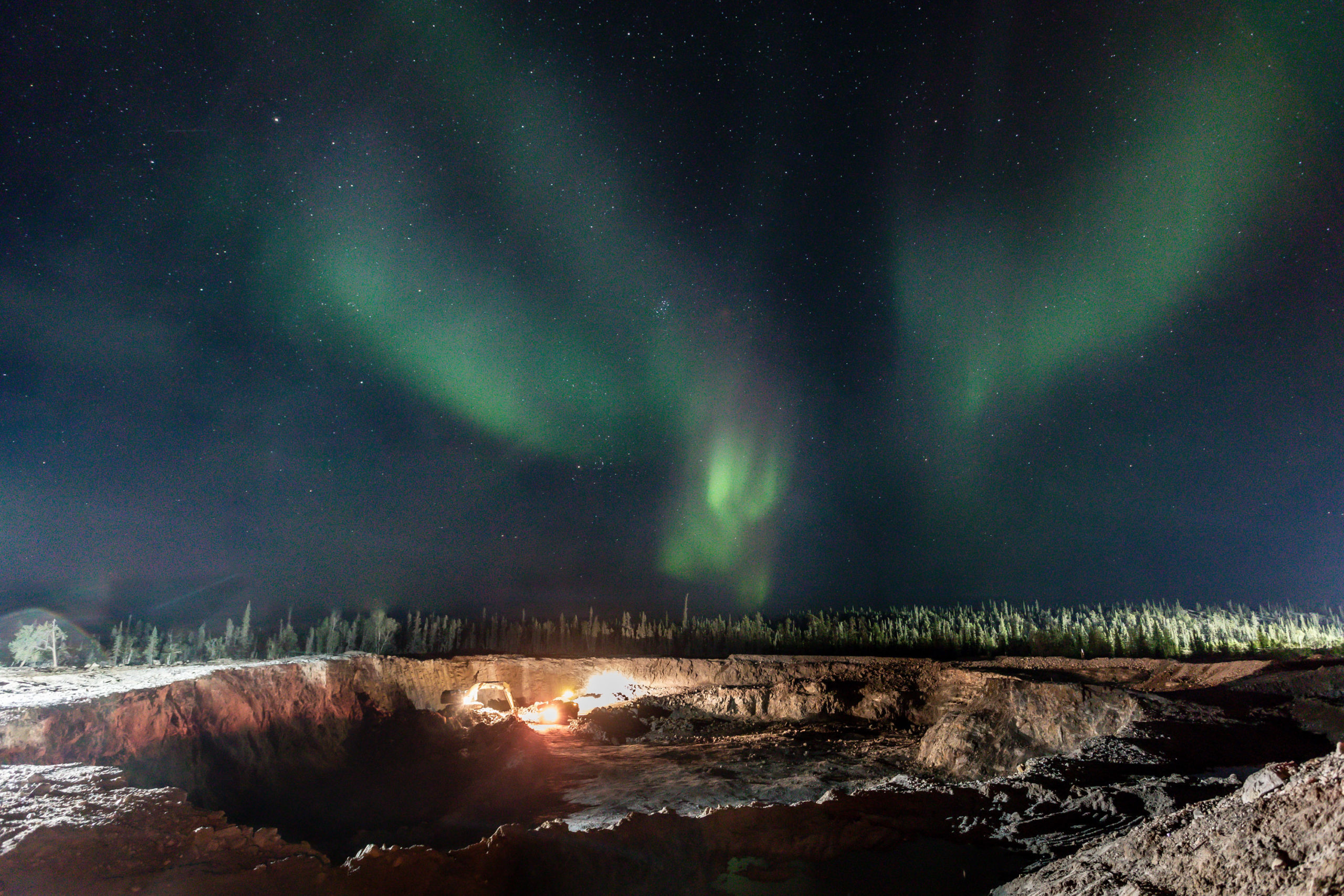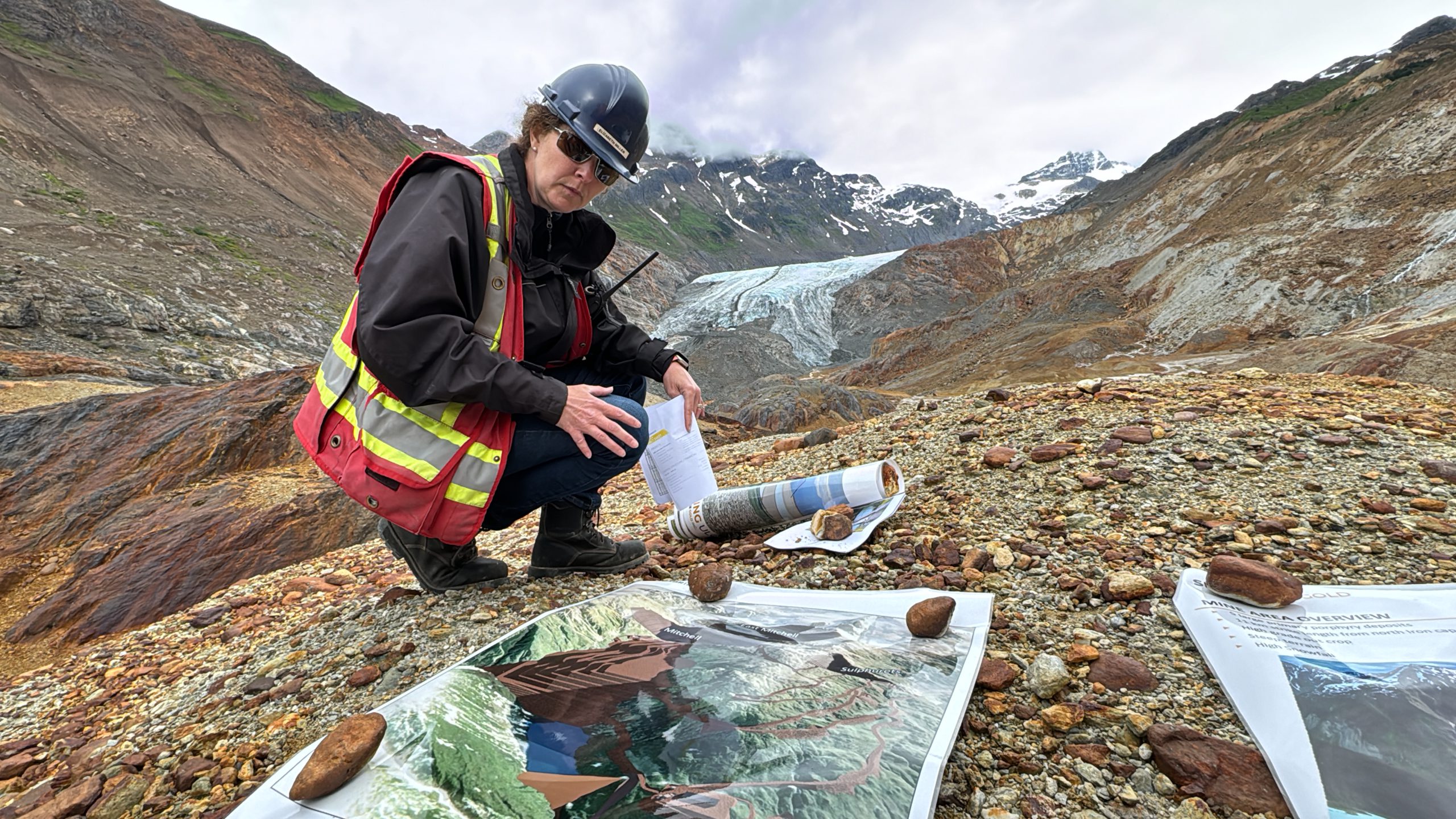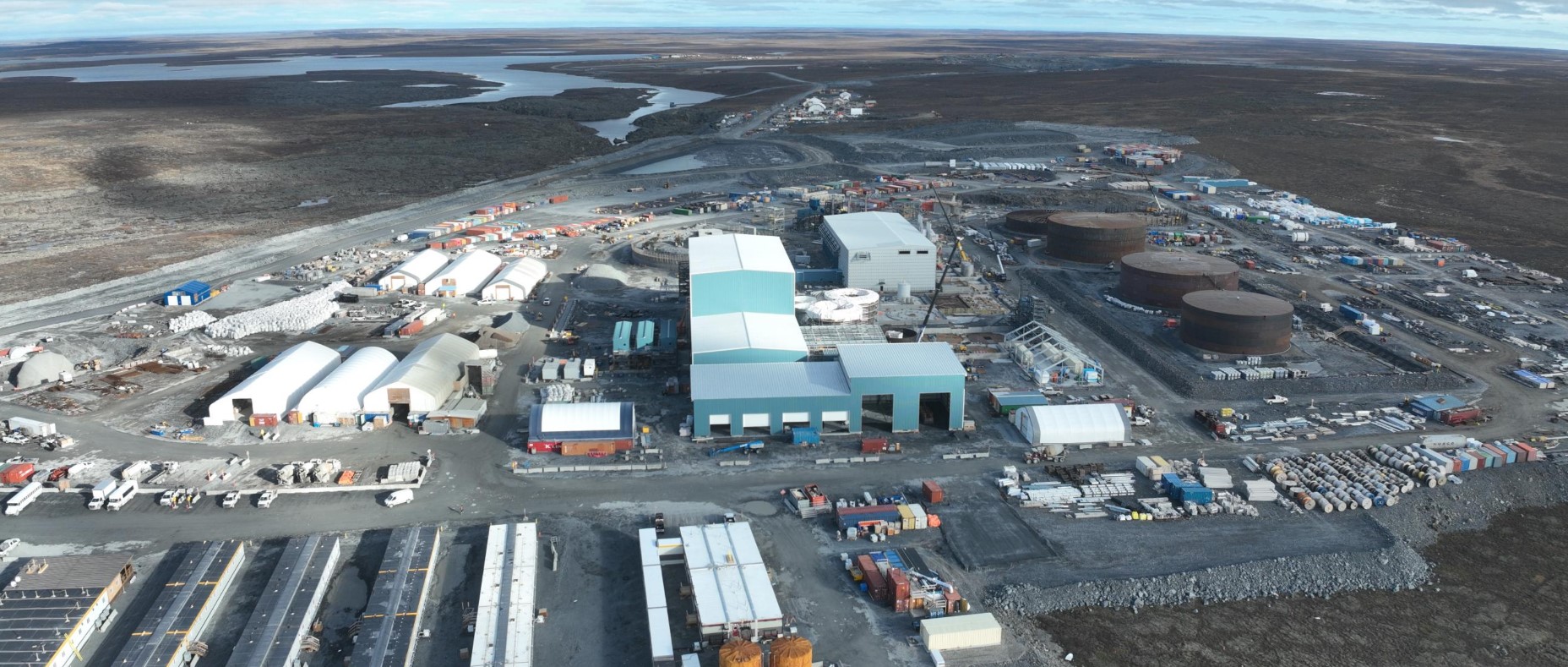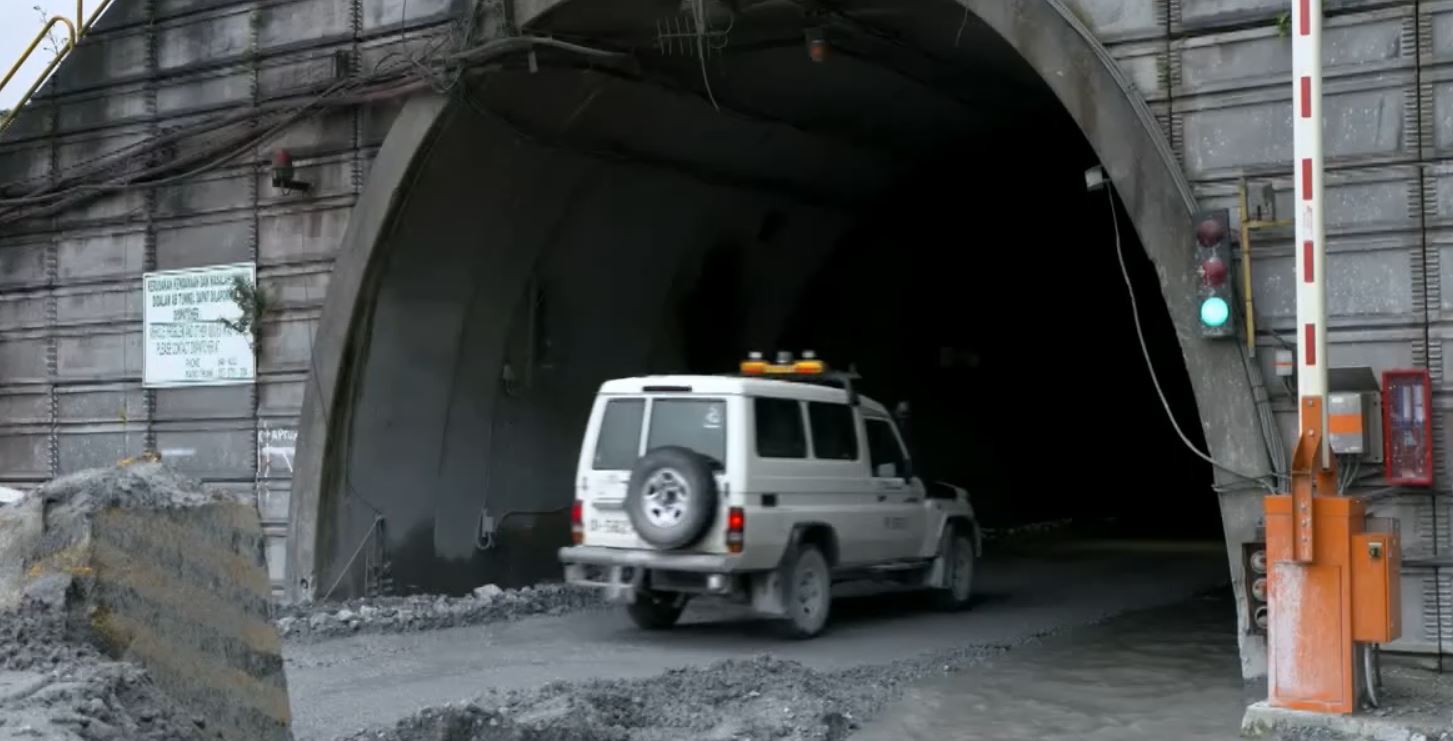The message from panellists on the first full day of the event, on July 18, was to let business help.
“Businesses want to lead on energy transition,” said Goldy Hyder, president and CEO of the Business Council of Canada. “We need government to set the rules and get out of the way.”
Hyder added that businesses “seek solutions” and are the ones who will be putting up the bulk of the investment to develop those solutions.
“Capital is not the problem. The real issue is becoming the inability for democracies to be predictable, stable places for capital to form and deploy,” he said, adding that businesses can’t be confident that a project approved today won’t be overturned by the next administration.
Hyder’s comments came during a panel on the Indo-Pacific region moderated by Janice Stein, co-chair of the federal government’s advisory committee on the Indo-Pacific region. (Until recently, the geopolitically critical region that includes China, India, Japan and Australia, was known as Asia-Pacific.)
Rag Udd, president of Minerals Americas with Australian-headquartered mining giant BHP (NYSE: BHP; LSE: BHP; ASX: BHP), echoed the importance of regulatory and fiscal certainty. Udd said that while Canada and Australia can’t compete with the massive incentives offered by the United States under the Inflation Reduction Act passed last year, they don’t need to if they can offer business what they’re really looking for, such as speedier permitting.
“We are not asking for shortcuts or lower standards,” he clarified, “just more efficiency.”
The challenge in meeting global commodity demands for decarbonization is enormous, he said, noting that about US$100 billion a year in investment is required. “We’re not doing a fraction of what’s necessary to meet global aspirations,” he said.
“Without copper, decarbonization is not going to occur at the pace the world wants – so help us help you would be the way I would put it.”
While Canada’s permitting regime isn’t perfect, Udd said the “direction of travel both at the federal and the provincial level” is encouraging. He cited Ontario’s recent regulatory reforms (the Building More Mines Act, passed in May) as positive, and also lauded the regime in Saskatchewan, where BHP is building the Jansen potash mine.
Black, white and green
The panel also discussed funding for the energy transition, and the polarized, black and white views of energy and fossil fuels that have emerged among financial institutions and other investors.
“There is a simplified narrative out there around green investing – you’re either good or you’re bad,” said Mairead Levy, president and CEO of Export Development Canada (EDC). “We have to educate investors and their investors to understand that we will have to invest in transition.”
Levy noted that EDC released a green bond framework last year that specifically includes investment into carbon-intensive industries to facilitate their transition.
Jennifer Westacott, chief executive of the Business Council of Australia agreed that excluding carbon-intensive industries is counter-productive.
“We have to fund the transition, not exclude the transition,” she said. “So when people say, ‘we’re not going to do anything in fossil fuels, nothing at all,’ well then that’s going to make the transition harder as opposed to saying, ‘well how to we move in that staged way?’”
During the conversation, Hyder said we need a bigger picture, practical and global approach to reducing emissions, beyond a narrow focus on Canada’s own emissions. He also critiqued Prime Minister Justin Trudeau’s government and its reluctance to step up supplies of natural gas to Europe in response to the energy crisis spurred by Russia’s invasion of Ukraine last year.
“I’m confused by environmentalists who say their objective is to decarbonize globally, but we’re measuring locally. It is possible that Canada’s emissions may need to increase to decrease global emissions. We can’t have that conversation because Canada’s made a commitment to decrease their emissions by 40%… but meanwhile Japan, Korea, China, India are turning on coal mines.”
Trudeau touts common values
In a separate address at the forum, Trudeau did not address the natural gas policy directly, but seemed to signal some openness to the possibility of increasing supplies.
“We’re making strategic investments to drive clean innovation and provide clean energy so we can meet the demands of the growing Indo Pacific and the European continent, hurrying to unwind its dependence on Russian fossil fuels,” he said. “Canada is ready to be the reliable supplier of energy that the world needs, and we’re ready to work with partners public and private.”
Much of his speech focused on the government’s values-based approach to trade agreements, including its recently-announced Indo-Pacific strategy aimed at deepening relationships and promoting stability in the region.
Trudeau argued that both Australia and Canada have a global advantage because of their promotion of responsible business standards, and said that economic, security, climate and social policy are all closely intertwined.
“Certainly there are countries that are producing these resources and inputs in ways that are cheaper in terms of dollars and cents, but the real cost is too often, environmental degradation, low labour standards. Even human rights violations,” he said.
“When you buy Canadian or Australian, you can count on the high standards we maintain at home and that’s not a disadvantage. That’s now our competitive edge.”
Trudeau pointed to the Critical Minerals Alliance, established at COP15 in Montreal late last year as evidence. The pact between Canada, Australia, the U.S., Germany, France, the U.K. and Japan, commits to mining and developing critical minerals in a sustainable way that respects Indigenous rights.
“We bound ourselves together in a common interest, moving beyond competition to cooperation. Because we know the demand is more than there for the coming years and we want to work together to meet that need responsibly in a way that respects and upholds our values. In the global race to build a net zero economy, the world is rushing for access to the critical minerals that Australia and Canada have. But we need to act fast to meet the demand for major projects.”
